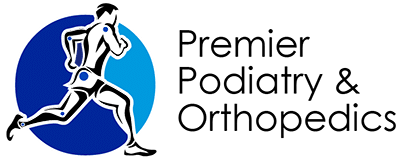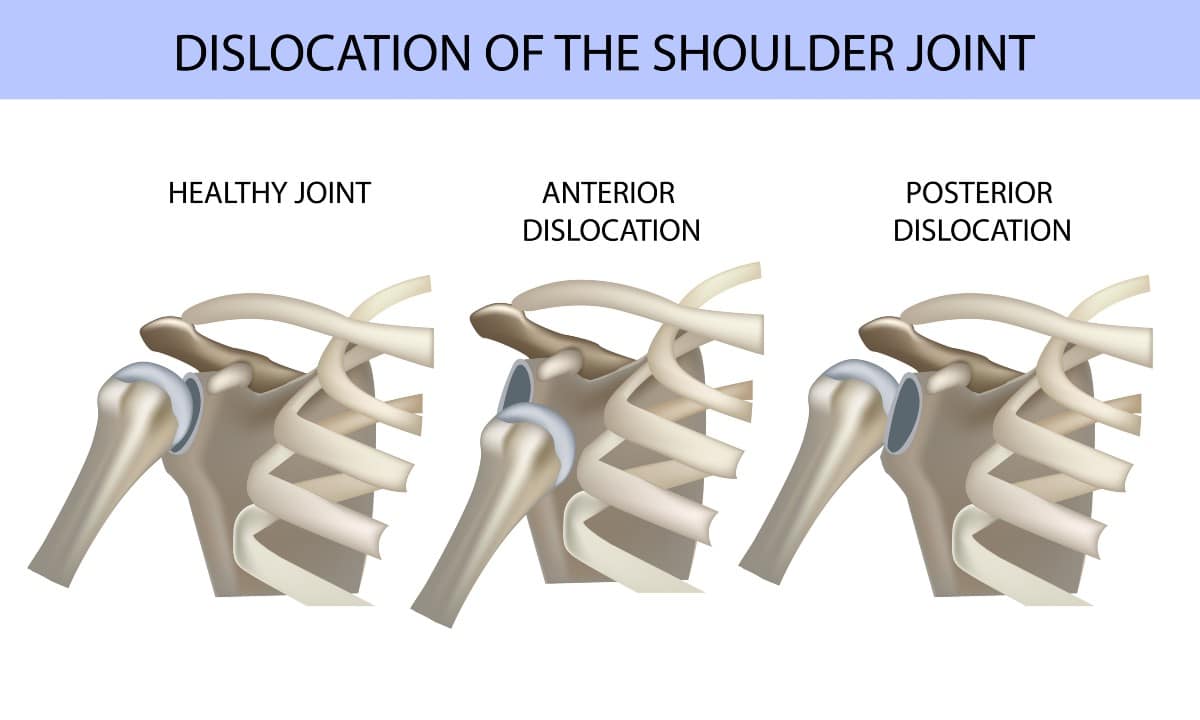Dislocated Shoulder
Our shoulders are powerful joints with a wide range of motion that support us in everything we do. But when they’re not working correctly, even the simplest tasks can become painful.
One common injury is a dislocated shoulder, often sustained during athletics or other high-impact activities. This can be a very painful injury and may require surgery to repair.
What is a Dislocated Shoulder?
A dislocated shoulder is an injury to the shoulder joint. The shoulder joint is where the arm bone (humerus) meets the shoulder blade (scapula). The head of the humerus fits into a shallow socket in the scapula called the glenoid.
When a shoulder dislocates, the head of the humerus pops out of the socket. This can happen if you fall on your outstretched arm or if your arm is pulled forcefully away from your body.
A dislocated shoulder may be partial or complete. In a partial dislocation, also called a subluxation, the head of the humerus is only partly out of the socket, whereas in a complete dislocation, the head of the humerus is entirely out of the socket.
And given the range of motion that it is designed to have, more than any other joint in our body, a shoulder can dislocate up, down, forward, or backward, with the most common dislocation being when the shoulder pops out in a forward direction.
How do Injuries Occur?
A dislocated shoulder can happen if you fall on your outstretched arm or if your arm is pulled forcefully away from your body. The force of the fall or pull stretches or tears the ligaments that hold the shoulder joint in place, and this allows the head of the humerus to pop out of the socket.
Dislocated shoulders are most common in young people, especially in contact sports such as football or hockey. They are also common in car accident victims.
What are the Symptoms of a Dislocated Shoulder?
The most common symptoms of a dislocated shoulder are:
- Severe pain
- Feeling a popping sensation at the time of the injury
- Arm may look twisted or out of place
- You may be unable to move your arm
- Numbness or tingling in your arm or hand when the head of the humerus presses against the nerves near the shoulder.
How is a Dislocated Shoulder Diagnosed?
Our Orthopedic doctors will ask about your symptoms and how the injury occurred. We will then examine your shoulder, checking for pain, swelling, bruising, and deformation.
If your shoulder is still dislocated, we will move it back into place, and this is called closed reduction. Once your shoulder is back in place, you will probably need an x-ray to check for fractures or other damage.
We may also order an MRI or CT scan to look for more subtle injuries to the ligaments, muscles, and tendons around the shoulder joint.
Treatment Options
If you think you have a dislocated shoulder, it’s essential to see us right away. A dislocated shoulder is a serious injury that can cause long-term damage if it’s not treated properly. If you try to “pop” your shoulder back into place, you could worsen the injury.
The treatment for a dislocated shoulder depends on the severity of the injury and whether there are any associated fractures or other damage.
Most people will require pain medication and rest until the pain and swelling have subsided. Physical rehabilitation therapy may be recommended to help stretch and strengthen the muscles and ligaments around the shoulder joint.
In some cases, surgery may be necessary to repair damaged ligaments or tendons. Surgery is also sometimes needed to reposition the bones of the shoulder joint to fit together more snugly.
If not treated properly, a dislocated shoulder can lead to long-term instability of the joint. This can make it more likely to pop out of place again in the future and cause chronic pain and weakness. Repeated dislocations can damage the cartilage of the shoulder joint, leading to early-onset arthritis.
Contact Us
If you think you may have dislocated your shoulder, contact us. Our friendly, highly professional experts specialize in orthopedic injuries, including dislocations.
It’s essential to seek medical attention as soon as possible. We will be able to put the shoulder back into place and assess any other damage that may have occurred.
Our staff is on standby to assist you, so don’t delay it; reach out to us if you have any symptoms or believe you may have dislocated your shoulder.
Let’s get you feeling better!
Looking to schedule an appointment with a physician?
Carmichael Office
6620 Coyle Avenue,
Suite 202
Carmichael, CA 95608
Roseville Office
576 N Sunrise Avenue,
Suite 230
Roseville, CA 95661
Folsom Office
1580 Creekside Drive,
Suite 100 & 110
Folsom, CA 95630
Social
© Premier Podiatry & Orthopedics. All Rights Reserved. | Privacy Policy

